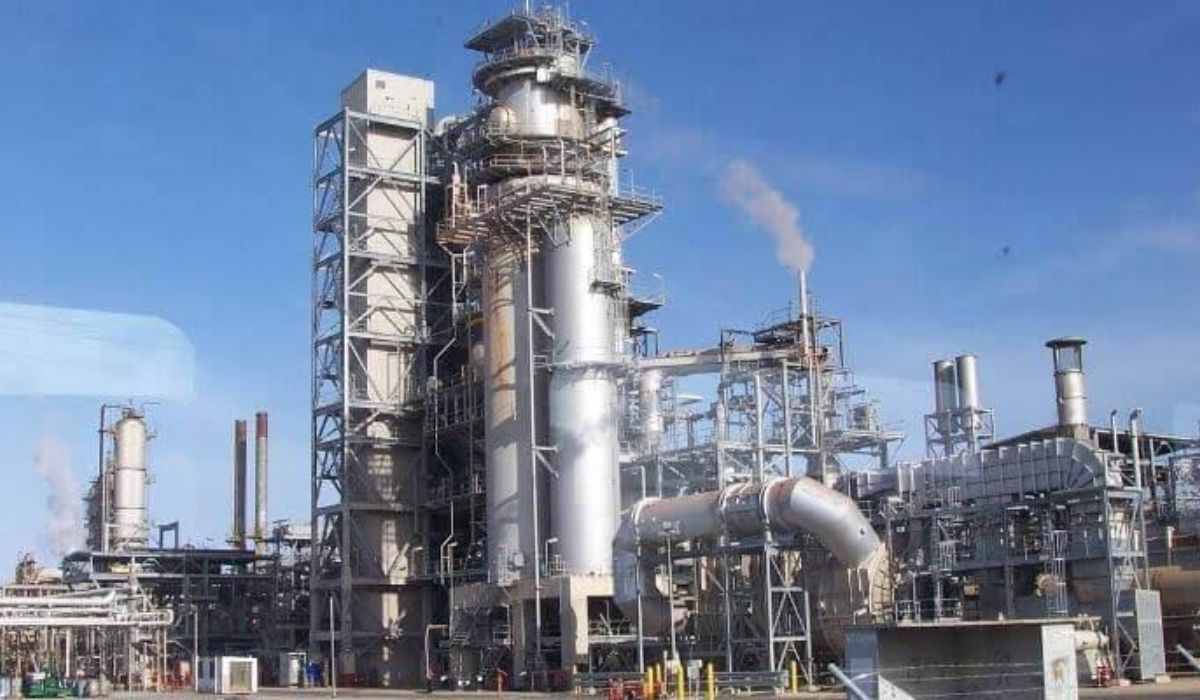$5bn Aramco-Nigeria Oil Deal Hits Snag Amid Price Drop, Lender Jitters

Discussions between Nigeria and Saudi Arabia’s Aramco regarding a substantial $5 billion petroleum-secured financing arrangement have encountered obstacles as crude oil valuations weaken and financial institutions express heightened apprehension about participation.
This landmark financing deal, designed to represent Nigeria’s most significant oil-collateralized borrowing to enhance foreign currency reserves, is experiencing setbacks as banking partners become increasingly risk-averse due to softening petroleum markets and questions surrounding Nigeria’s delivery capabilities.
Reuters reported that this proposed financing would mark Nigeria’s most substantial oil-backed transaction while establishing Aramco’s inaugural major investment of this magnitude within Nigerian territory.
Nevertheless, deteriorating oil market conditions and uncertainties regarding Nigeria’s crude production reliability have emerged as primary obstacles.
“Nigeria and Saudi Arabian oil company Aramco are struggling to reach an agreement on a record $5 billion oil-backed loan after a recent decline in crude prices sparked concern among banks that were expected to back the deal.
“The facility would be Nigeria’s largest oil-backed loan to date and Saudi Arabia’s first participation of this scale in the country, although the decline in oil price could shrink the size of the deal,” the source read in part.
The Aramco financing discussions originated from President Tinubu’s engagement with Saudi Crown Prince Mohammed bin Salman during the Saudi-Africa Summit held in Riyadh in November 2023.
This strategy reflects Nigeria’s established practice of leveraging anticipated petroleum revenues to obtain immediate capital, typically deployed for budgetary support or foreign exchange stabilization purposes.
Market volatility has intensified lender concerns, as declining valuations would require Nigeria to pledge larger crude volumes to secure equivalent funding amounts, thereby elevating financial exposure for participating institutions.
Nigeria’s petroleum production capacity has suffered from prolonged infrastructure neglect, crude theft incidents, and sabotage of pipeline systems. The nation currently dedicates more than 300,000 barrels daily toward existing loan obligations, with one facility scheduled for completion this month.
The Nigerian National Petroleum Company must reserve crude allocations for joint-venture collaborators, including Shell, Seplat, and Oando, to fulfil operational cost requirements, thereby constraining available volumes for additional arrangements. Oando is anticipated to oversee the physical cargo management associated with the Aramco agreement.
Nigeria completed receipt of the concluding $1.05 billion instalment from a $3.3 billion oil-backed Afreximbank facility in April 2024, with final disbursement occurring by May’s end. This arrangement targeted economic stimulation and enhanced dollar availability, according to Nairametrics.
Federal authorities indicated that loan servicing will utilize crude oil valued at $65 per barrel, with roughly 90,000 daily barrels designated for repayment purposes.



![Falz fetes listeners with a buffet of delightful songs on 'The Feast' [Review] Falz fetes listeners with a buffet of delightful songs on ‘The Feast’ [Review]](https://ovanews.com.ng/wp-content/uploads/2025/06/5be8eb0c-947c-48ef-88fc-f83bc893f572-S51hDB.png)
